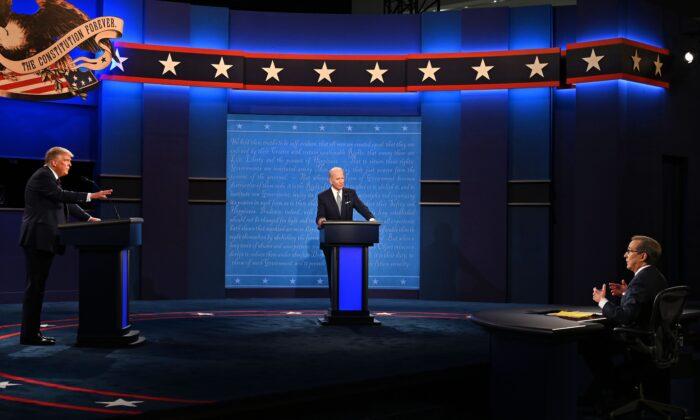In the face of a potential U.S. military retaliation for the use of chemical weapons, Syrian authorities said Tuesday they agreed to a Russian plan to declare its chemical weapons arsenal and sign the chemical weapons convention.
The announcement by Syrian Foreign Minister Wallid Muallem is an unexpected acknowledgement by the regime of its chemical stockpile.
Even as recent as an interview aired on Monday, Syrian President Bashar al-Assad refused to acknowledge whether his regime has chemical weapons.
White House spokesman Jay Carney said Tuesday that “The Syrian government had never even acknowledged they possessed chemical weapons. Now they have.”
Syria started building up its chemical stockpile as early as the late ’70s, according to a congressional research report released on Aug. 30.
A declassified French intelligence report released earlier this month details that Syria has over 1,000 tons of chemical agents, making it one of the world’s largest chemical weapons stockpiles. Syria has never signed the Chemical Weapons Convention.
According to Carney, the only reason the Russian proposal and Syrian reaction came about was because of the “the credible threat of U.S. military action.”
Secretary of State John Kerry is scheduled to meet with Russian Foreign Minister Sergey Lavrov on Thursday.
The United States and France turned to the United Nations on Tuesday for a resolution to ensure Damascus complies.
French Foreign Minister Laurent Fabius said the resolution would demand that Syria open its chemical weapons program to inspection, place it under international control, and ultimately dismantle it.
A violation of that commitment, he said, would carry “very serious consequences.”
Fabius expressed caution that French authorities “don’t want to fall into a trap” that could allow Assad’s regime to skirt accountability or buy time.
Fabius also warned that finding and destroying “more than 1,000 tons of chemical weapons” would be very difficult and would require international verification amid Syria’s civil war.
Jean Pascal Zanders, an international disarmament expert, said any agreement depends on trust that the Syrian government is telling the truth about its weapons: “It requires full comprehensive declaration, and any failure on the Syrian government would immediately destroy confidence of the international community and probably split it again.”
The Associated Press contributed to this report.





Friends Read Free